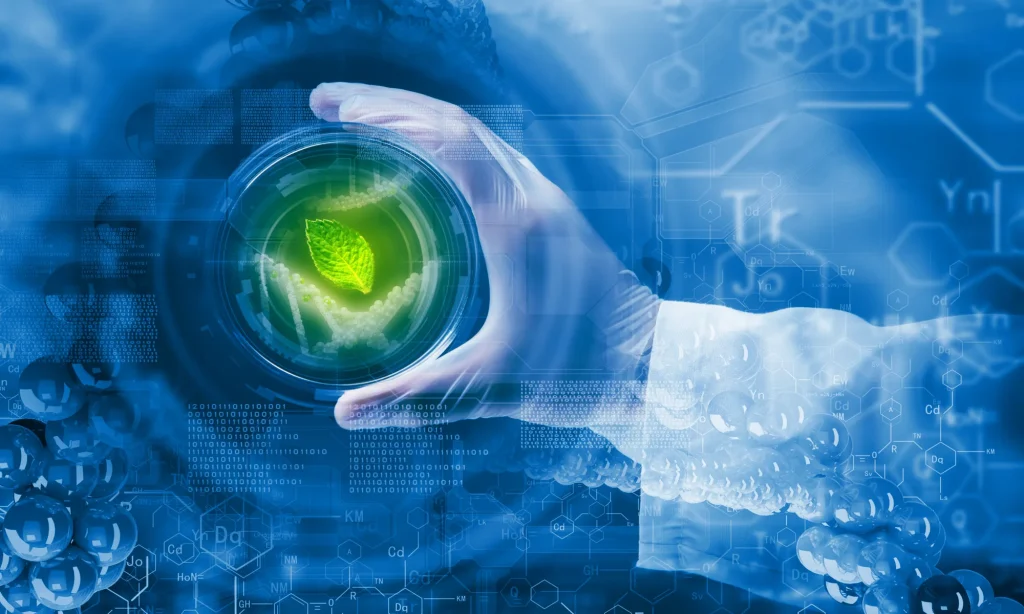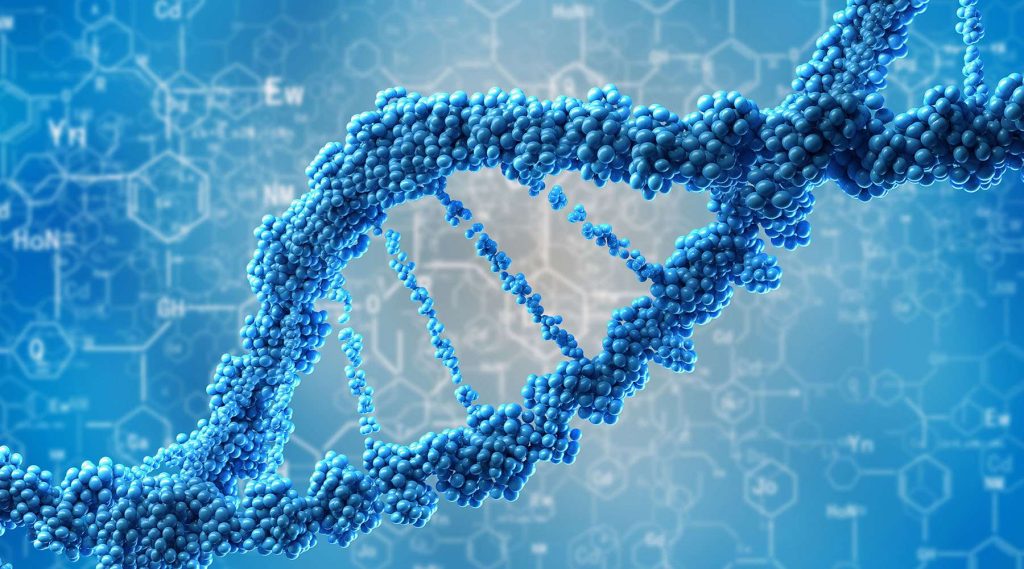Table of Contents
Biotechnology, a field that leverages biological systems and organisms to develop products and technologies, has experienced unprecedented advancements in recent years. These innovations are revolutionizing industries ranging from medicine and agriculture to environmental management and industrial processes. This article explores some of the most significant advances in biotechnology, their applications, and their potential impact on the future.

Genomic and Genetic Advances
One of the most profound areas of progress in biotechnology is in genomics and genetic engineering. The completion of the Human Genome Project, which mapped the entire human genome, has paved the way for numerous breakthroughs in understanding genetic disorders and developing targeted therapies.
- CRISPR-Cas9 Technology: The CRISPR-Cas9 gene-editing technology has emerged as a game-changer in genetic engineering. This tool allows scientists to make precise, targeted changes to DNA, offering the potential to correct genetic mutations responsible for various diseases. Applications include potential treatments for genetic disorders like cystic fibrosis and sickle cell anemia, as well as advancements in agricultural biotechnology, such as developing crops with enhanced traits.
- Personalized Medicine: Advances in genomics have led to the rise of personalized medicine, where treatments are tailored to an individual’s genetic makeup. By analyzing genetic information, healthcare providers can customize drug treatments, predict disease susceptibility, and optimize therapeutic strategies. This approach enhances the efficacy of treatments and minimizes adverse effects, marking a significant shift from the one-size-fits-all model of medicine.
Biotechnology in Medicine
Biotechnology has revolutionized the medical field with innovations that improve diagnostics, treatments, and overall patient care. Key advances include:
- Biologics and Monoclonal Antibodies: Biologics, including monoclonal antibodies, have become essential in treating a range of diseases, from cancer to autoimmune disorders. These therapies are designed to specifically target disease-causing proteins or cells, offering more precise and effective treatment options. For example, monoclonal antibodies like those used in immunotherapy have shown promising results in treating various types of cancer.
- Gene Therapies: Gene therapy involves inserting, altering, or removing genes within an individual&8217;s cells to treat or prevent disease. Recent advancements have led to successful treatments for conditions such as inherited retinal diseases and certain types of genetic disorders. Ongoing research aims to expand the applications of gene therapy to a broader range of diseases and improve delivery methods.
- Regenerative Medicine: Advances in regenerative medicine, including stem cell research and tissue engineering, offer the potential to repair or replace damaged tissues and organs. Stem cells, with their ability to differentiate into various cell types, are being explored for treating conditions like heart disease, spinal cord injuries, and neurodegenerative diseases. Tissue engineering involves creating artificial tissues and organs using a combination of cells, biomaterials, and growth factors.
Biotechnology in Agriculture
Biotechnology has significantly impacted agriculture, enhancing crop yields, improving resistance to pests and diseases, and promoting sustainability. Notable advances include:
- Genetically Modified Organisms (GMOs): Genetic modification has led to the development of crops with desirable traits, such as increased resistance to pests, tolerance to herbicides, and improved nutritional content. For example, Bt corn produces a toxin that protects against specific insect pests, reducing the need for chemical pesticides and improving crop yields.
- Gene Editing in Crops: Techniques like CRISPR-Cas9 are being applied to crop improvement, allowing for precise modifications to enhance traits such as drought resistance, disease resistance, and nutritional content. This approach offers a more targeted and efficient method of developing crops with beneficial characteristics compared to traditional breeding techniques.
- Sustainable Agricultural Practices: Biotechnology is also advancing sustainable agricultural practices by developing crops that require fewer resources, such as water and fertilizers. Innovations in soil health and microbial solutions are improving nutrient utilization and reducing the environmental impact of farming.

Environmental Biotechnology
Environmental biotechnology focuses on using biological processes to address environmental challenges, including pollution and resource management. Key advancements include:
- Bioremediation: This process involves using microorganisms or plants to degrade or detoxify environmental contaminants. Advances in genetic engineering have enhanced the ability of microbes to break down pollutants such as oil spills, heavy metals, and hazardous waste. This technology is being used to clean up contaminated sites and mitigate environmental damage.
- Biofuels: Biotechnology has contributed to the development of biofuels, which are derived from biological materials and offer a renewable alternative to fossil fuels. Advances in microbial fermentation and algal biofuel production are improving the efficiency and sustainability of biofuel production. Biofuels can help reduce greenhouse gas emissions and dependence on non-renewable energy sources.
- Waste Management: Biotechnology is being applied to improve waste management processes, including the development of microorganisms that can degrade organic waste more efficiently. This includes advancements in composting, anaerobic digestion, and waste-to-energy technologies, which contribute to more sustainable waste management practices.
Industrial Biotechnology
Industrial biotechnology, also known as white biotechnology, involves the use of biological processes in manufacturing and industrial applications. Key advancements include:
- Enzyme Technology: Enzymes are increasingly used in industrial processes to enhance efficiency, reduce energy consumption, and minimize environmental impact. Advances in enzyme engineering and production are enabling the development of more effective and cost-efficient enzymes for applications in industries such as textiles, food and beverage, and pharmaceuticals.
- Bioprocessing: Innovations in bioprocessing techniques are improving the production of biological products, such as antibiotics, vaccines, and hormones. Advances in fermentation technology, cell culture systems, and downstream processing are enhancing the scalability and efficiency of bioprocesses.
- Bioplastics: The development of bioplastics, which are derived from renewable biological sources, offers a more sustainable alternative to traditional petroleum-based plastics. Advances in polymer science and biopolymer production are leading to the creation of biodegradable and eco-friendly plastic materials.

Conclusion
Advances in biotechnology are driving transformative changes across various sectors, from medicine and agriculture to environmental management and industrial processes. The continuous evolution of technologies such as gene editing, biologics, and bioremediation offers exciting opportunities for addressing some of the world’s most pressing challenges. As research and innovation in biotechnology progress, the potential to improve human health, enhance food security, and promote environmental sustainability will continue to expand. Embracing these advancements with careful consideration of ethical and societal implications will be crucial in harnessing the full potential of biotechnology for the betterment of society.
